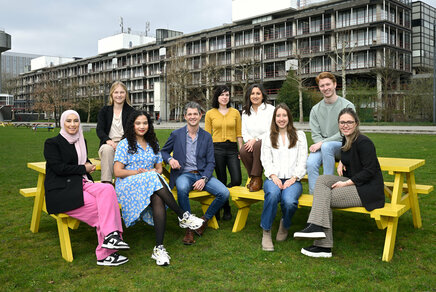‘Develop yourself, have adventures, and do something useful you'll be proud of later’
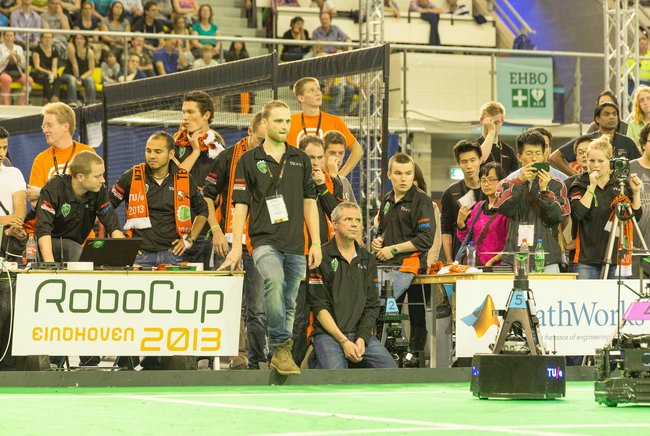
Robin Soetens was part of Tech United Eindhoven, TU/e's robot soccer team, for six years. Robin jokes that he spent more time on the team than on his studies. His highlights? Becoming world robot soccer champions for the first time and the full stands at RoboCup when it was held in Eindhoven.
-
Who
Robin Soetens (33) graduated from the Department of Mechanical Engineering in 2015.
Read more -
Team
From 2010-2016, Robin held various roles in the Tech United Eindhoven robot soccer team.
Read more -
And now...
Robin is Mechatronics Architect at EUV Source (ASML).
You were active in Tech United for no less than six years. What did that bring you?
“Besides adventures on three continents and friendships, I gained experience that you don't get from a standard educational curriculum. Both in terms of technical content and in the area of communication and organization. Dealing with the media, for example, and working in an international organization in which different universities pursue their shared and individual interests.”
Did that time impact your career?
“It definitely had a positive influence.I learned practical things I still use every day (C++, Linux, Svn). On a more abstract level, I learned a lot about what it takes to carefully integrate new functionality into a complex system under time pressure. That's just as important in my current role as it is in robotic soccer.”
What did you do at Tech United?
“I had different roles in the team including team leader, a demo team member, and the team representative in the International RoboCup Federation.”
How much time did you spend on that?
“Often more than on my studies…”
What is the team's goal?
“Firstly, to win the world robot soccer championships! Then to also promote technology promotion, contribute to science and introduce a wide audience to the socially relevant applications of robotics.”
What was a personal highlight of your time on the team?
“The first time we won the world championships in Mexico City in 2012. And, of course, the full stands at RoboCup 2013 in Eindhoven.”
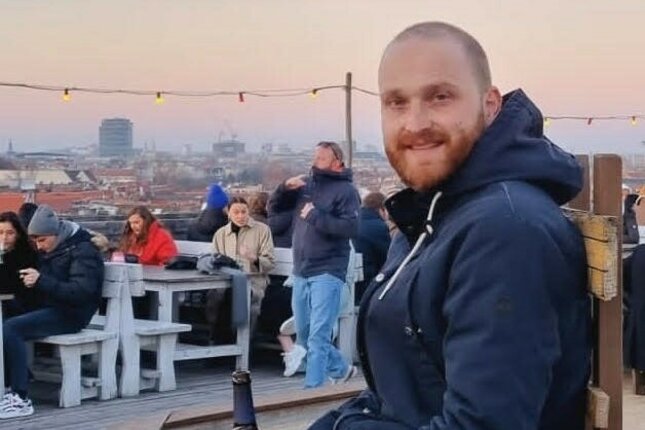
Were there disappointments too?
“Those tournaments we didn't win. And, sometimes matches or demonstrations would be canceled at the last minute, due to technical problems, while there'd already be people in the stands.”
Student teams use Challenge-based Learning, where multidisciplinary teams work on real-world challenges. What was that like for you?
“With student teams, you learn early on how to work, as a team, with people of different technical and non-technical skills. Without losing the ability to dream, you learn what it takes to achieve something tangible in the real world.”
What advice would you give students who are hesitant about joining a student team?
“Go for it! You could always get drunk three times a week at some social club. With a student team, you also get to develop yourself, have adventures, and do something useful that you'll be proud of later.”
Meer over onze strategie

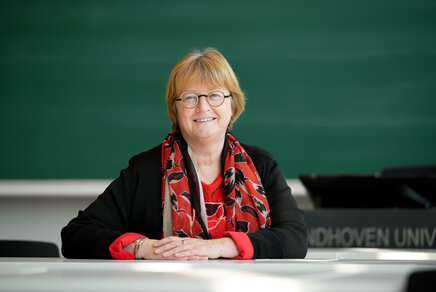
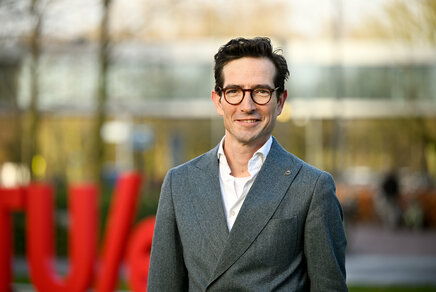
Blijf ons volgen
More on our strategy

![[Translate to English:] [Translate to English:]](https://assets.w3.tue.nl/w/fileadmin/_processed_/c/f/csm_BvOF_2024_0319_AEV_license_TUe_Dirk_van_Meer_-_CORE_1__c976e259a5.jpg)
